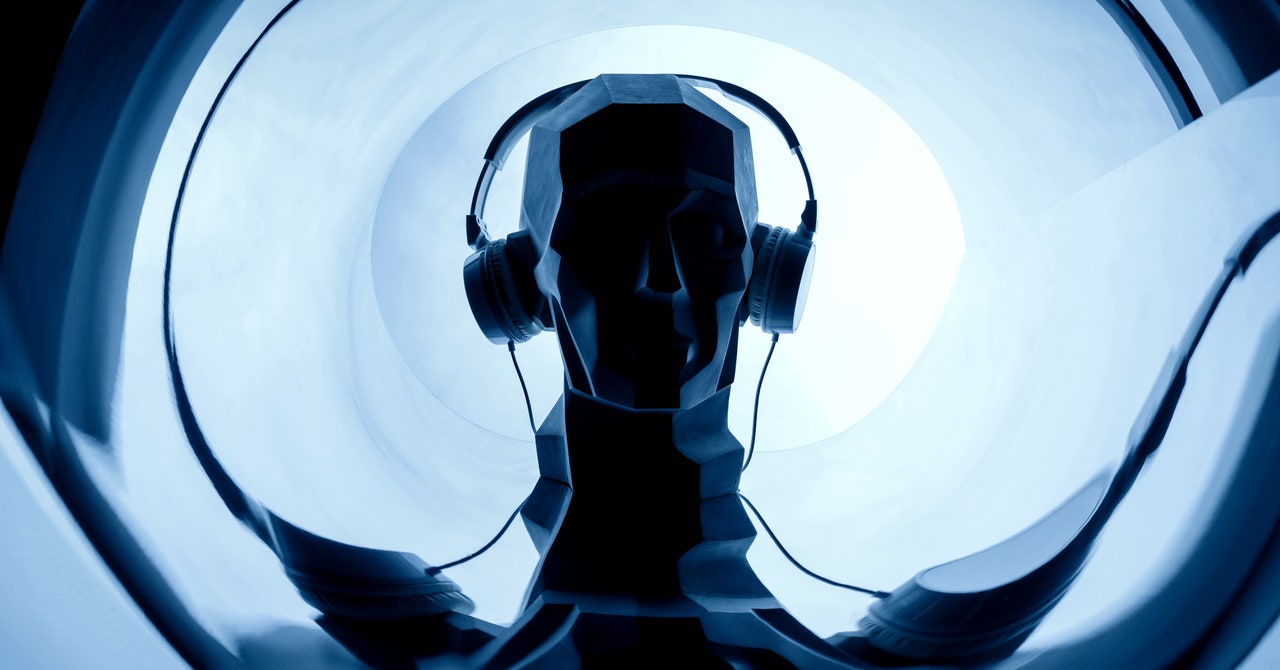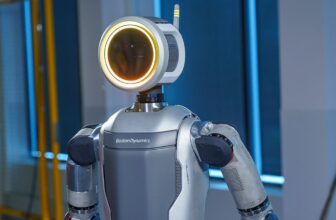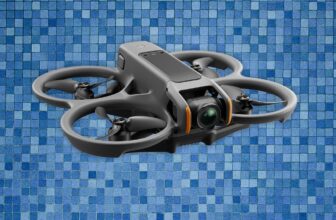
Balasubramaniyan says voice AI providers want to supply safety on par with that of different firms that retailer private knowledge, like monetary or medical data.
“You need to ask the corporate, ‘how is my AI voice going to be saved? Are you really storing my recordings? Are you storing it encrypted? Who has entry to it?’” Balasubramaniyan says. “It is part of me. It’s my intimate self. I want to guard it simply as effectively.”
Podcastle says the voice fashions are end-to-end encrypted and that the corporate doesn’t hold any recordings after creating the mannequin. Solely the account holder who recorded the voice clips can entry them. Podcastle additionally doesn’t enable different audio to be uploaded or analyzed on Revoice. In reality, the individual creating a duplicate of their voice has to document the traces of prewritten textual content instantly into Revoice’s app. They’ll’t simply add a prerecorded file.
“You’re the one giving permission and creating the content material,” Podcastle’s Yeritsyan says. “Whether or not it’s synthetic or authentic, if this isn’t a deepfaked voice, it’s this individual’s voice and he put it on the market. I don’t see points.”
Podcastle is hoping that with the ability to render audio in solely a consenting individual’s cloned voice would disincentivize folks from making themselves say something too horrible. At present, the service doesn’t have any content material moderation or restrictions on particular phrases or phrases. Yeritsyan says it’s as much as no matter service or outlet publishes the audio—like Spotify, Apple Podcasts, or YouTube—to police the content material that will get pushed onto their platforms.
“There are enormous moderation groups on any social platforms or any streaming platform,” Yeritsyan says. “In order that’s their job to not let anybody else use the faux voice and create one thing silly or one thing not moral and publish it there.”
Even when the very thorny difficulty of voice deepfakes and nonconsensual AI clones is addressed, it’s nonetheless unclear whether or not folks will settle for a computerized clone as an appropriate stand-in for a human.
On the finish of March, the comic Drew Carey used one other voice AI service, ElevenLabs, to launch an entire episode of a radio present that was learn by his voice clone. For essentially the most half, folks hated it. Podcasting is an intimate medium, and the distinct human connection you’re feeling when listening to folks have a dialog or inform tales is definitely misplaced when the robots step to the microphone.
However what occurs when the know-how advances to the purpose that you could’t inform the distinction? Does it matter that it’s probably not your favourite podcaster in your ear? Cloned AI speech has a methods to go earlier than it’s indistinguishable from human speech, nevertheless it’s certainly catching up shortly. Only a 12 months in the past, AI-generated photos appeared cartoonish, and now they’re reasonable sufficient to idiot tens of millions into considering the Pope had some kick-ass new outerwear. It’s simple to think about AI-generated audio may have the same trajectory.
There’s additionally one other very human trait driving curiosity in these AI-powered instruments: laziness. AI voice tech—assuming it will get to the purpose the place it could precisely mimic actual voices—will make it simple to do fast edits or retakes with out having to get the host again right into a studio.
“Finally, the creator financial system goes to win,” Balasubramaniyan says. “Irrespective of how a lot we take into consideration the moral implications, it’s going to win out since you’ve simply made folks’s lives easy.”







